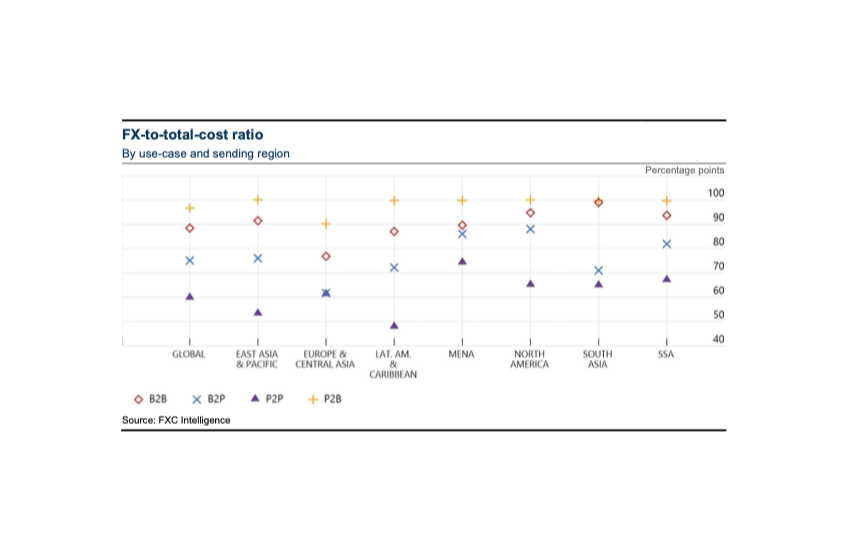Why Banks Struggle to Keep Pace with the ‘Tokenisation’ Revolution
- Banks face challenges in adopting tokenisation due to regulatory and security concerns.
- Tokenisation offers increased security, efficiency, and flexibility, benefiting both banks and customers.
- To overcome obstacles, banks need to embrace innovation and collaborate with FinTech companies.
The ‘Tokenisation’ Revolution is transforming the financial industry, yet many banks are struggling to keep up with this technological advancement. Tokenisation refers to the process of converting sensitive data or assets into digital tokens, ultimately enhancing security and streamlining transactions. While it offers many benefits, there are several reasons why banks face hurdles in embracing this revolution.
Risks and Regulatory Concerns:
One major obstacle inhibiting banks from adopting tokenisation is the inherently conservative nature of the financial sector. Banks deal with massive amounts of sensitive data and must comply with strict regulations to protect the interests of their customers. Tokenising financial assets introduces new risks and uncertainties, causing concerns over data privacy, compliance, and interoperability.
Furthermore, regulatory bodies are yet to establish comprehensive frameworks governing tokenisation. Banks, being staunch supporters of regulatory compliance, hesitate to dive headfirst into an initiative without clear guidelines. Therefore, to confidently adopt tokenisation, banks must collaborate closely with regulators and address these concerns by helping shape the emerging regulatory landscape.
Security and Fraud Prevention:
Banks traditionally invest heavily in security systems and technologies to safeguard customer assets and data. While tokenisation offers enhanced security features, banks fear that the deployment and management of new technologies might expose vulnerabilities that cybercriminals could exploit. This concern stems from the fact that blockchain technology, widely used in tokenisation, is relatively new and still undergoing refinement.
To overcome this fear, banks should prioritize cybersecurity training, enhance their intrusion detection and prevention systems, and constantly update their security measures. Collaborating with reputable cybersecurity firms and fostering talent within their own organization will be crucial in tackling potential threats.
Legacy Systems and Interoperability:
Another challenge for banks lies in their reliance on outdated legacy systems. Many banks have complex IT systems built over decades and are accustomed to traditional methods of operation. Incorporating tokenisation into existing infrastructures demands significant effort and investment. Migration or integration processes might introduce technical difficulties and disrupt day-to-day operations.
To address this hurdle, banks should gradually shift towards modern, scalable systems that can seamlessly integrate tokenisation capabilities. Partnerships with technology providers or FinTech startups specializing in asset tokenisation could help banks enhance their capabilities and ensure interoperability with the broader financial ecosystem.
Collaboration and Innovation:
While challenges persist, banks must recognize that the ‘Tokenisation’ Revolution brings unparalleled opportunities. By embracing disruption and nurturing a culture of innovation, banks can pivot towards becoming digital leaders and transform customer experiences. Collaboration with FinTech companies specializing in tokenisation solutions can be key to the success of banks in this regard.
Understanding this, forward-thinking banks should actively seek out synergies through partnerships, joint ventures, or even acquisitions. By combining their industry expertise, access to customers, and regulatory know-how with the technological prowess of FinTech firms, banks create an environment conducive to progress and growth.
Conclusion:
In conclusion, banks confront various obstacles in keeping pace with the ‘Tokenisation’ Revolution. Regulatory concerns, security considerations, legacy systems, and the need for collaboration underscore the challenges faced by the financial industry. Nonetheless, banks must acknowledge that the benefits and potential of tokenisation are significant.
To overcome these hurdles, banks need to embrace innovation, invest in cybersecurity, collaborate with FinTech companies, and actively participate in shaping regulatory frameworks. Only through a comprehensive approach can banks leverage tokenisation to enhance security, efficiency, and customer experience, positioning themselves as leaders in the evolving digital age.
Frequently Asked Questions:
Key Takeaways:
- Banks face challenges in adopting tokenisation due to regulatory and security concerns.
- Tokenisation offers increased security, efficiency, and flexibility, benefiting both banks and customers.
- To overcome obstacles, banks need to embrace innovation and collaborate with FinTech companies.
Source: insightfullgo.com


